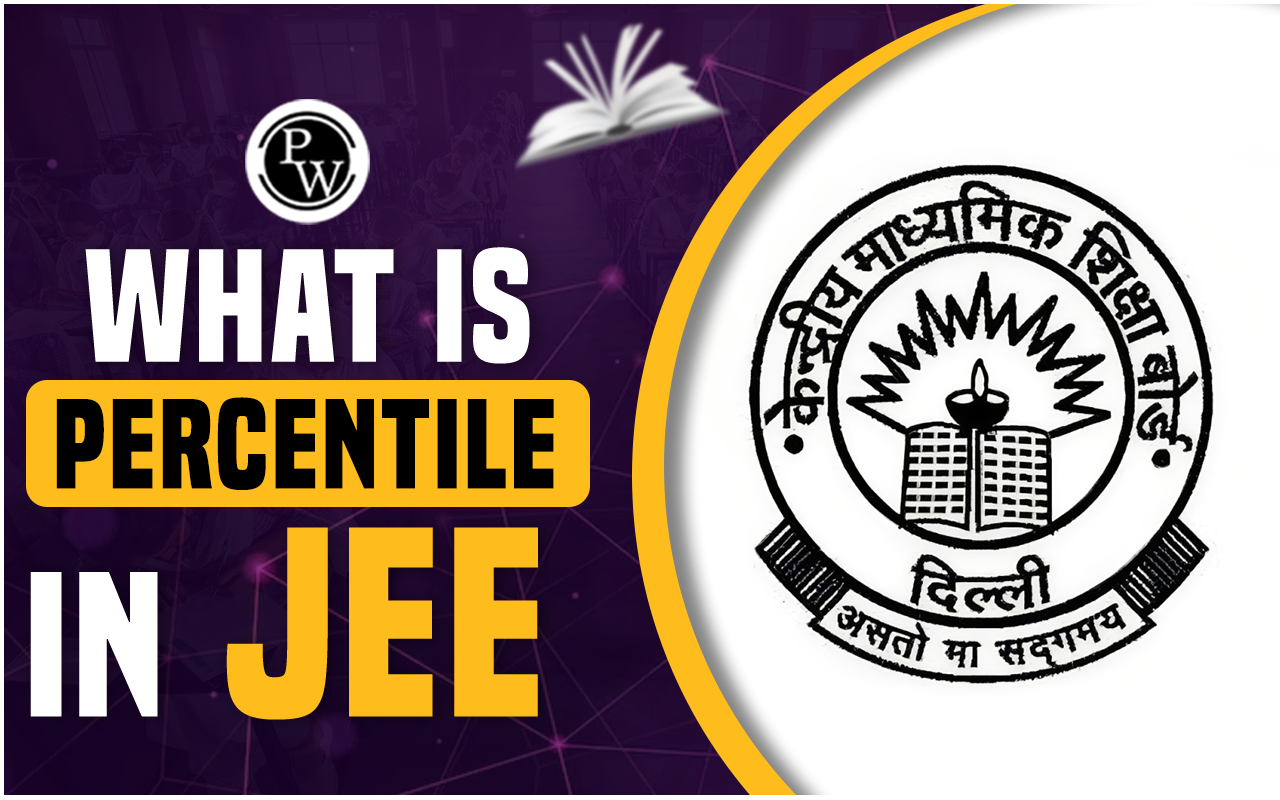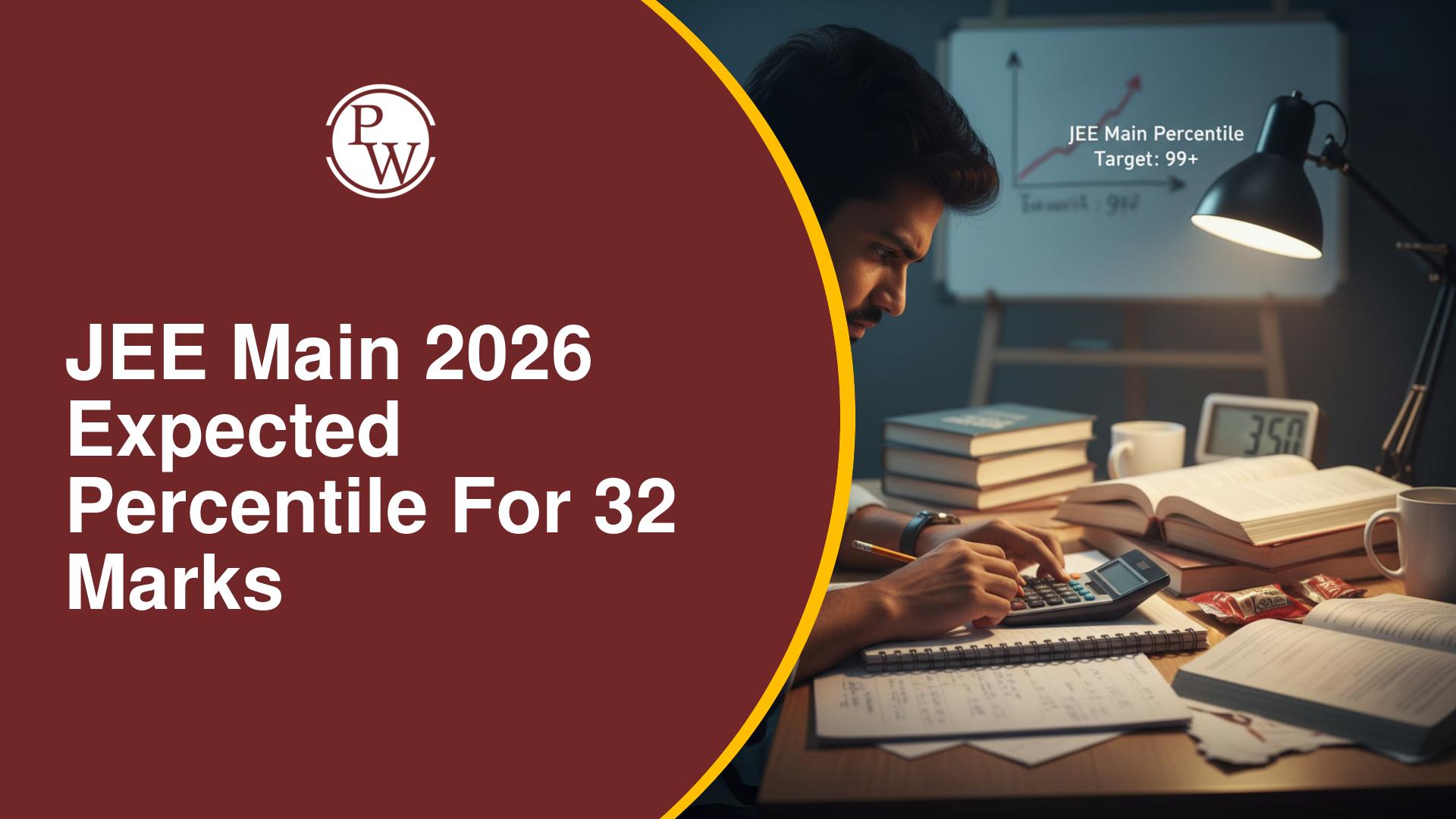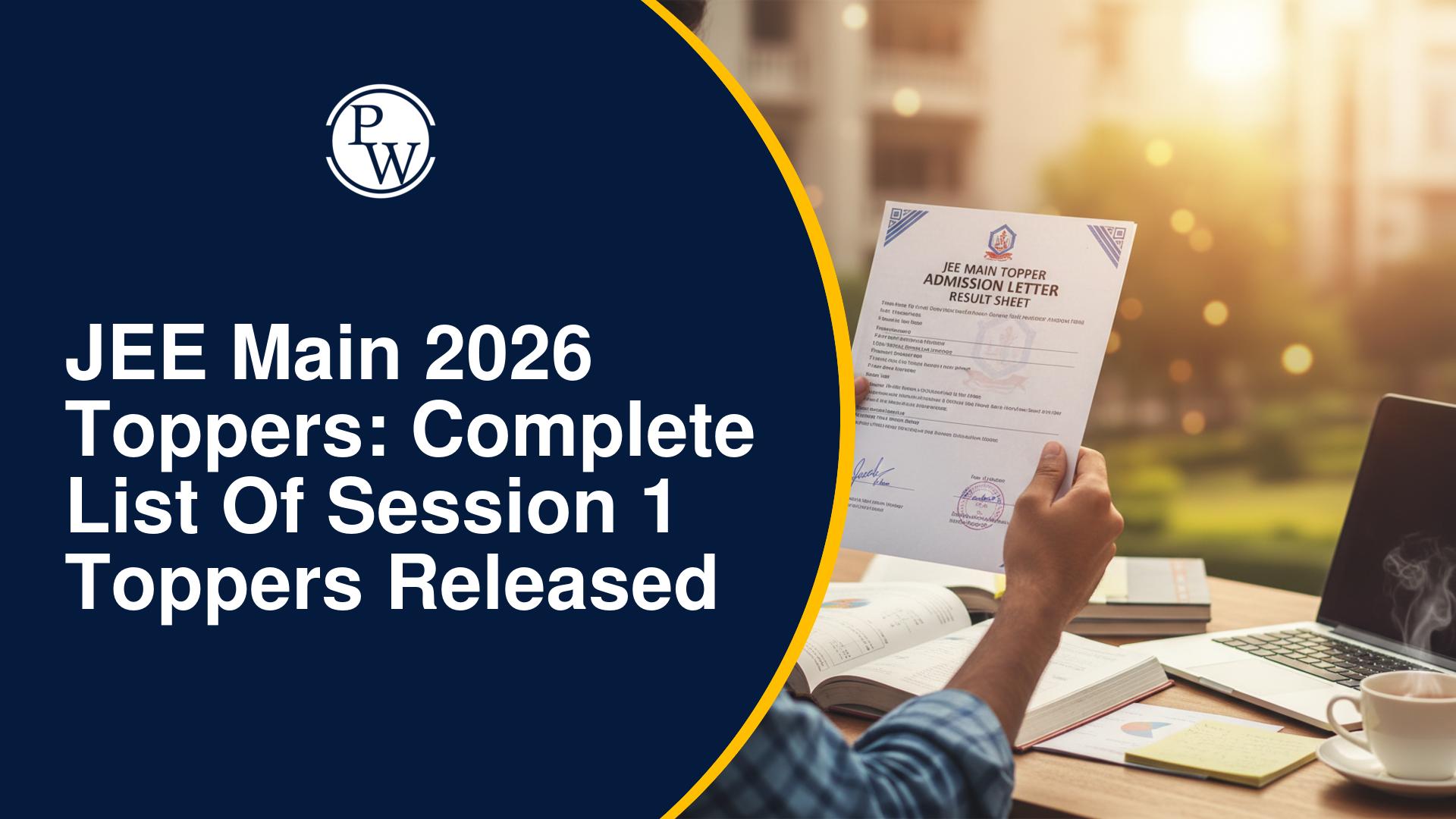
List of Important Chapters & Topics in Physics for JEE Main 2025 Session 2 : JEE Main 2025 Session 2 is scheduled to take place from April 1 to April 8, 2025. Physics, being a challenging subject for many applicants, requires a strong grasp of fundamental concepts and formulas to perform well in the exam. The JEE Main Physics syllabus covers various topics, including Mechanics, Electricity and Magnetism, Modern Physics, and more. Some topics have been removed from the syllabus, making it essential for aspirants to focus on the most relevant ones.
Understanding key chapters such as Kinematics, Laws of Motion, Work, Energy and Power, Electrostatics, and Current Electricity will help in effective preparation and improve overall performance. To learn more about the list of important chapters & topics in Physics for JEE Main 2025 Session 2, keep reading.
List Of Important Chapters And Topics In Physics For JEE Main 2025 Session 2
With only a month left for JEE Main 2025 Session 2, applicants should focus on a smart and structured preparation plan. Knowing the important chapters and topics in Physics can help in studying efficiently and scoring well in the final exam. Understanding the weightage of different topics allows students to prioritize their revision and practice. A clear idea of important chapters can help in managing time effectively and focusing on concepts that are more likely to appear in the exam. Below is a list of important chapters & topics in Physics for JEE Main 2025 session 2 to help aspirants prepare better:
| List of Important Chapters & Topics in Physics for JEE Main 2025 Session 2 | ||
|
Coefficient of Viscosity |
Magnetic Dipole Moment |
Newton's Second Law of Motion |
|
Difference Between Series and Parallel Circuits |
Position Time and Velocity Time Graphs |
Faraday's Law |
|
Units of Force |
Magnetic Moment |
Linear Momentum |
|
Stokes Law Derivation |
Velocity Time and Acceleration Time Graphs |
Resonance |
|
Biot Savart Law |
Coefficient of Linear Expansion |
Reflection of Light |
|
Difference Between Pound and Kilogram |
Magnet |
Static Friction |
|
Critical Velocity |
Speed Time Graphs |
Types of Waves |
|
Ampere's Law |
Thermal Properties of Materials |
Lens Formula and Magnification |
|
Accuracy Precision and Error in Measurement |
Bar Magnet |
Kinetic Friction |
|
Bernoulli's Principle |
Difference Between Speed and Velocity |
Reflection of Waves |
|
Magnetic Field |
Latent Heat of Water |
Power of a Lens |
|
Screw Gauge |
Uses of Electromagnets |
Doppler Effect Derivation |
|
Fluid Flow |
Velocity |
Resolving Power of a Microscope |
|
Ampere |
Difference Between Conduction, Convection, and Radiation |
Rolling Friction |
|
Frames of Reference |
Faraday's Law |
Electrostatics |
|
Difference Between Heat and Temperature |
Instantaneous Speed and Velocity |
Single Slit Diffraction |
|
Calorimeter |
Reversible and Irreversible Processes |
Centripetal and Centrifugal Force |
|
Projectile Motion |
Avogadro's Number |
Electromagnetism |
|
Solenoid and Toroid |
Electromagnetic Induction |
Work and Power |
|
Difference Between Scalar and Vector |
Newton's Laws of Motion First Law |
Electrical Force |
|
Law of Equipartition Energy |
Ac Generator |
Einstein's Explanation of Photoelectric Effect |
|
Waves |
Uniform Circular Motion |
Work Done by a Variable Force |
|
Unit of Light |
Oscillatory Motion |
Electrostatics |
|
Force and Momentum |
Gamma Rays Electromagnetic Spectrum |
Particle Nature of Light |
|
Periodic Motion |
Mirrors |
Kinetic and Potential Energy Difference |
|
Newton's Second Law of Motion |
Prism Dispersion |
Continuous Charge Distribution |
|
Force Its Unit and Dimension |
Reflection of Waves |
Einstein's Explanation of Photoelectric Effect |
|
Scalar and Vector Quantity |
Electrostatics |
Conservative Force |
|
Work and Power |
Electric Displacement |
Atomic Theory |
|
Elastic Collision |
Semiconductors and Insulators |
Gamma Decay |
|
Relation Between Torque and Speed |
Capacitor Types |
Nuclear Fission |
|
Angular Momentum |
Resistors in Series and Parallel Configuration |
Controlled Thermonuclear Fusion |
|
Radius of Gyration |
Unit of Current |
Semiconductor Devices |
|
Motion Under Gravity |
Ohm's Law |
Uses of Transistors |
|
Rotation and Revolution |
Power |
Semiconductor Devices |
|
Derivation of Escape Velocity |
Work and Power |
Zener Diode |
|
Stress and Strain |
Kirchhoff's Law |
Zener Diode as a Voltage Regulator |
|
Young's Modulus |
AC Voltage Resistor |
Amplitude Modulation |
|
What Exactly Is Viscosity? |
Potentiometer Working |
Electromagnetic Waves |
|
Bulk Modulus |
Wheatstone Bridge |
Space Wave Propagation |
|
Pascal's Law |
Capacitor Types |
Nuclear Fission |
|
Angular Momentum |
Carbon Resistor |
Modulation |
|
Unit of Viscosity |
Modulation and Demodulation |
|
Although the important topics for JEE Main 2025 Physics are listed above, it is important to study every chapter thoroughly, as questions in the actual exam can be from any part of the jee main syllabus.
What Topics are Deleted from JEE Main Physics Syllabus 2025?
Several topics have been removed from the JEE Main 2025 Physics syllabus, but no complete chapters have been deleted. The excluded topics include Cyclotron, Davisson-Germer Experiment, Rolling Motion, Doppler Effect, Heat Engine and Refrigerator, Potentiometer, Reynold’s Number, Forced and Damped Oscillation, Van de Graaff Generator, Colour Coding of Resistors, and Transistor. Additionally, some NCERT Physics topics like Parallel and Perpendicular Theorems, Significant Figures, Errors in Measurements, Conservation of Mechanical Energy, Relative Velocity, and Logic Gates have also been omitted. Aspirants should focus on the revised JEE Main Syllabus 2025 to enhance their preparation in the final days leading up to the April attempt.
Weightage of Important Chapters & Topics in Physics for JEE Main 2025 Session 2
Being well-versed with the weightage of important chapters and topics in Physics for JEE Main 2025 Session 2 greatly aids in effective exam preparation. The distribution of questions in previous years' papers shows that some topics are frequently asked and carry more marks. Topics like Current Electricity, Rotational Dynamics, and Laws of Motion have consistently appeared in the exam, while subjects like Electrostatics and Communication Systems have a lower weightage. By analyzing past trends, aspirants can focus on high-weightage topics while making sure that they cover the whole syllabus for a well-rounded preparation.
| Weightage of Important Chapters & Topics in Physics for JEE Main 2025 Session 2 | ||
|
Topics |
Questions |
Weightage (As Per Previous Years) |
|
Current Electricity |
3 |
9.9% |
|
Rotational Dynamics |
2 |
6.6% |
|
Kinematics |
2 |
6.6% |
|
Laws of Motion |
2 |
6.6% |
|
Work, Energy, and Power |
2 |
6.6% |
|
Modern Physics |
2 |
6.6% |
|
Magnetic Effect of Current and Magnetism |
2 |
6.6% |
|
Alternating Current |
2 |
6.6% |
|
Wave Optics |
2 |
6.6% |
|
Centre of Mass |
2 |
6.6% |
|
Kinetic Theory of Gases & Thermodynamics |
2 |
6.6% |
|
Circular Motion |
1 |
3.3% |
|
Sound Waves |
1 |
3.3% |
|
Electrostatics |
1 |
3.3% |
|
Capacitors |
1 |
3.3% |
|
Semiconductors |
1 |
3.3% |
|
Electromagnetic Waves |
1 |
3.3% |
|
Communication Systems |
1 |
3.3% |
|
Simple Harmonic Motion |
1 |
3.3% |
|
Error in Measurement |
1 |
3.3% |
|
Elasticity |
1 |
3.3% |
Important Chapters And Topics in Physics For JEE Main 2025 FAQs
Q.1. Which chapters in Physics are most important for JEE Main 2025 Session 2?
Q.2 : Has NTA removed any topics from the JEE Main 2025 Physics syllabus?
Q.3 : How many questions from Physics will be asked in the JEE Main 2025 April attempt?
Q.4 : How can I prepare important chapters & topics in Physics for JEE Main 2025 Session 2?










